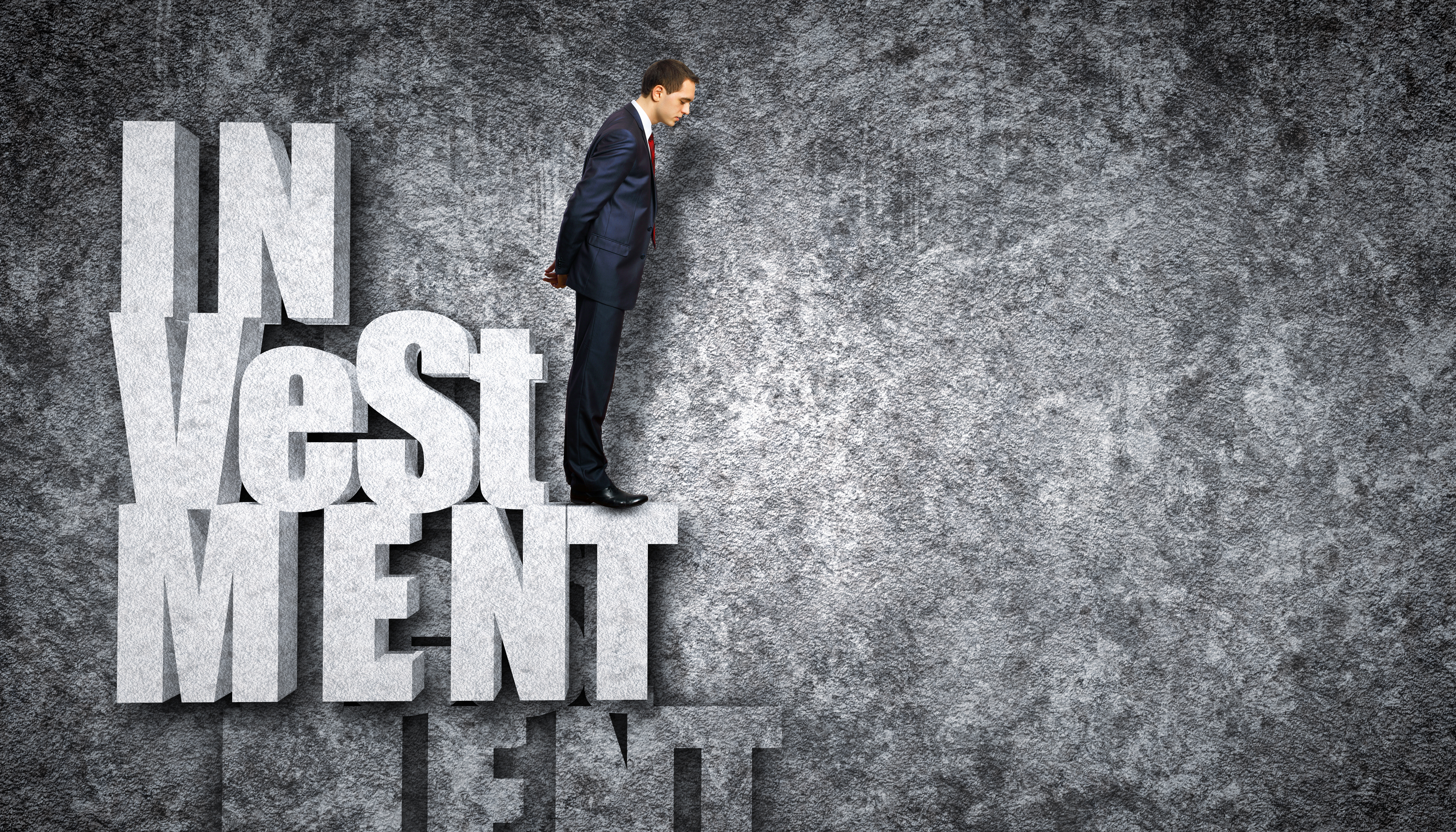Published on: 29 March, 2019
The triangle of relationships – between politics/state on the first vertex, god/religion/ethics on the second vertex and commerce/investing/property rights on the third vertex – is a delicate interplay. The fact that over the last five decades, India’s GDP growth has been higher in every decade than in the one before, suggests that India has got the tensions between the three vertices broadly under control.
“…if God is all-powerful, who needs Caesars? Without Caesars, Augustine replies, there’d be no Christians, and that can’t be God’s will. To be a Christian is itself to choose, freely, to follow Christ; but that choice would have left little behind if all Christians had been fed to the lions. Caesars rarely did that, however: the Roman empire over the three centuries from Jesus’ death to Constantine’s was, despite repressive intervals, a surprisingly hospitable place for the new religion [Christianity].” – John Lewis Gaddis in ‘On Grand Strategy’, 2018 [square brackets are ours; Augustine refers to Saint Augustine (354–430AD), an early Christian theologian whose writings influenced the development of Western Christianity & philosophy.]
Football in Kolkata
On a recent trip to Kolkata, I went for a run along the Rabindra Sarobor (called “the Lake” by the locals). Every morning, and especially on Saturday mornings, dozens of cricket and football matches take place next to the Lake. At the end of my run, I stopped to see a competitive football match between two teams of teenage girls. As is the norm the world over, most of the spectators were parents. In this case many of the parents were burkha clad ladies. After the final whistle the two teams lined up to sing the national anthem and it felt nice listening to Rabi Thakur’s anthem sung with much enthusiasm in Rabindra Sarobor. Just as interesting was what followed.
As the players dispersed and the burkha clad mothers walked home with their teenage daughters in football gear, the daughters – many of who had their football boots strung around their necks – received the standard dose of parental chastisement. One mother criticised her daughter in Hindi for not passing the ball enough. I heard another daughter being told in Bengali “if you don’t go for your early morning runs, you will be out of puff, like you were today, half way through the match.” Walking past these tiger mums reminded me of the fascinating relationship between politics, religion and investing.
The triangle which under girds our lives
Numerous political scientists and philosophers the world over have written on the interplay between the state/politics and the church/organised religion. Broadly speaking, the conventional demarcation between these two pillars of civilised life is as follows:
Religion is supposed to provide us an ethical code which underpins life – both business & personal – in way that the government/state/politics alone cannot. For example, if you and I are running competing companies in the same market, should I poach your customers away if you fall ill for a couple of months? The law cannot provide an answer to that question. Only ethics & religion can and in that regard religion/ethics can be said to form the foundation of civilised life.
Where law or government/politics comes in is without the overarching protection of the state, it is hard for religion or commerce to flourish. Ideally, a well-functioning state provides shelter to the practitioners of various religions to practice their faith provided their faith does not encroach upon the remit of the state/law.
Unfortunately, this is exactly where there is a tension between the role of the state and that of religion. In particular, a state which is too weak might not be able to protect the practitioners of a specific faith from the attacks of rival faiths. On the other hand, a state which is overbearing might dictate to its citizens what religion/faith they should practice. This latter approach is the one that countries dominated by the Abrahamic religions (Christianity, Zionism and Islam) have taken for the most part. To this day, you have to be an Anglican Christian to the be Prime Minister of Britain. To this day, Britons who are not Anglicans have to listen to the hectoring of politicians who worry about the national fabric being ruined by Catholics, Muslims, Hindus, etc.
Interestingly, this fusing (sometimes explicit but usually implicit) between the role of the state and that of religion seems to be something which has hitherto been restricted to countries dominated by Abrahamic religions. For example, neither in Japan nor in China nor India does the head of the state have to belong to a particular religion. In fact, in none of the Asian countries dominated by non-Abrahamic religions has a formal attempt been made to link religion with the state (although in countries like Sri Lanka and Thailand several attempts have been made to make Buddhism the official religion and thus a prerequisite for offices of power).
Investment implications
The tension that characterises the interplay between the role of the state/polity and the role of religion also extends to commerce and investing. Whether I am investing in a stock or in my daughter’s education or in a piece of real estate in India, I am placing my faith in the Indian state and its politicians that they will protect my investment (rather than usurping my investment and violating my rights in the name of the greater good) regardless of what religion I practice. As Machiavelli said in ‘The Discourses’: “It is only in republics that the common good is looked to properly in that all that promotes it is carried out; and however much this or that private person may be the loser on this account, there are so many who benefit thereby that the common good can be realized in spite of those few who suffer in consequence.” [Underlining is ours]
Here the countries with Abrahamic faiths have a mixed track record. In much of the Middle East you have to be an Arab to have secure property rights. In Britain, where the head of the Church of England is also the head of the state, or in the United States (where the President is formally not supposed to be linked to a specific religion but usually shows himself to be a God-fearing Christian), the state makes a great show of protecting property rights. The fact that other countries take this posturing with a pinch of salt is evident from the need to create the World Trade Organisation in 1995. The WTO sits above national governments and supervises global trade. It is not beholden to any country or to any religion.
This triangle of relationships – between politics/state on the first vertex, god/religion/ethics on the second vertex and commerce/investing/property rights on the third vertex – is a delicate interplay in India and elsewhere. The fact that over the last five decades, India’s GDP growth has been higher in every decade than in the one before, suggests that India has got the tensions between the three vertices of this triangle broadly under control. That by itself is a feat worth celebrating. In fact, India is the only large economy in the world which for five consecutive decades has demonstrated a rising trend in economic growth. The amount of progress we make in the next fifty years will depend more on sustaining this delicate balance (between the three vertices which define a civilised society) rather than on further liberalising our economy.
If you want to read our other published material, please visit http://marcellus.in/resources/
Saurabh Mukherjea is the author of “The Unusual Billionaires” and “Coffee Can Investing: the Low Risk Route to Stupendous Wealth”.
Note: the above material is neither investment research, nor investment advice.Marcellus Investment Managers is regulated by the Securities and Exchange Board of India as a provider of Portfolio Management Services and as an Investment Advisor.
Copyright © 2018 Marcellus Investment Managers Pvt Ltd, All rights reserved.
Disclaimer
Marcellus Investment Managers is regulated by the Securities and Exchange Board of India as a provider of Portfolio Management Services and as an Investment Advisor.
The information provided on this website does not, and is not intended to, constitute investment advice; instead, all information, content, and materials available on this site are for general informational purposes only. Information on this website may not constitute the most up-to-date information. The enclosed material is neither investment research, nor investment advice. Marcellus does not seek payment for or business from this email in any shape or form. The contents and information in this document may include inaccuracies or typographical errors and all liability with respect to actions taken or not taken based on the contents of this site are hereby expressly disclaimed. The content on this website is provided "as is;" no representations are made that the content is error-free.
No reader, user, or browser of this site should act or refrain from acting on the basis of information on this [site/newsletter] without first seeking independent advice in that regard. Use of, and access to, this website or any of the links or resources contained within the site do not create an portfolio manager -client relationship between the reader, user, or browser and website authors, contributors and their respective employers. The views expressed at, or through, this site are those of the individual authors writing in their individual capacities only.




